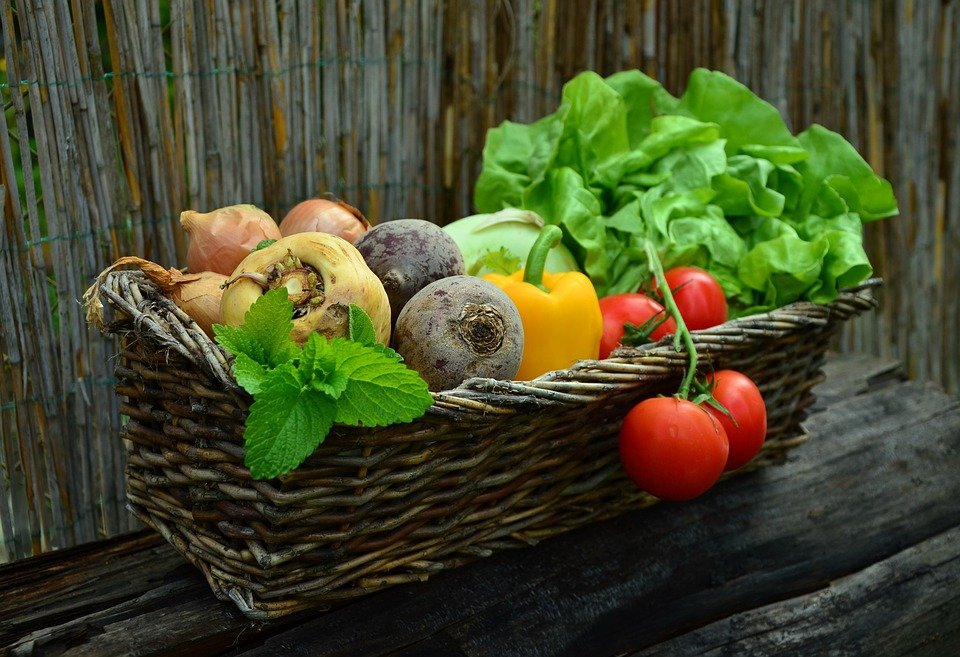The Science Behind How Certain Foods Can Slow Down the Aging Process
As we age, it’s natural for our bodies to undergo a multitude of changes. One of the most visible signs of aging is the appearance of wrinkles, age spots, and loss of skin elasticity. However, the foods we eat can play a crucial role in slowing down the aging process. While there is no single “fountain of youth” food, certain nutrients and compounds in foods have been found to have anti-aging effects on the body.
One of the key factors in the aging process is oxidative stress, which occurs when there is an imbalance between antioxidants and free radicals in the body. Free radicals are unstable atoms that can cause damage to cells and accelerate aging, while antioxidants help to neutralize these harmful molecules. Foods rich in antioxidants, such as berries, dark chocolate, and leafy greens, can help to combat oxidative stress and protect the body from premature aging.
Another important aspect of aging is inflammation, which has been linked to a range of chronic diseases and accelerated aging. Certain foods, particularly those high in omega-3 fatty acids, have been found to have anti-inflammatory properties. Fatty fish, flaxseeds, and walnuts are all excellent sources of omega-3s and can help to reduce inflammation in the body, thus slowing down the aging process.
In addition to antioxidants and anti-inflammatory compounds, certain foods contain specific nutrients that have been shown to have anti-aging effects. For example, vitamin C is essential for the production of collagen, a protein that helps to maintain the skin’s elasticity and firmness. Foods high in vitamin C, such as citrus fruits, bell peppers, and kiwi, can help to support healthy skin and slow down the formation of wrinkles.
Similarly, vitamin E is a powerful antioxidant that can help to protect the skin from damage caused by free radicals. Nuts, seeds, and vegetable oils are all rich in vitamin E and can contribute to a more youthful appearance.
In recent years, there has been growing interest in the role of polyphenols, a group of compounds found in plant-based foods, in the aging process. Polyphenols have been shown to have anti-inflammatory and antioxidant properties, and they may also help to protect against age-related diseases such as heart disease and Alzheimer’s. Foods such as green tea, red wine, and colorful fruits and vegetables are all rich sources of polyphenols and can support healthy aging.
It’s important to note that while certain foods can help slow down the aging process, a balanced diet that includes a variety of nutrient-dense foods is key to overall health and wellness. In addition to eating a healthy diet, other lifestyle factors such as regular exercise, adequate sleep, and stress management also play a crucial role in supporting healthy aging.
In conclusion, the foods we eat can have a profound impact on the aging process. By incorporating a variety of nutrient-rich foods with anti-aging properties into our diet, we can help to protect our bodies from the effects of oxidative stress, inflammation, and nutrient deficiencies, and support healthy aging from the inside out.
